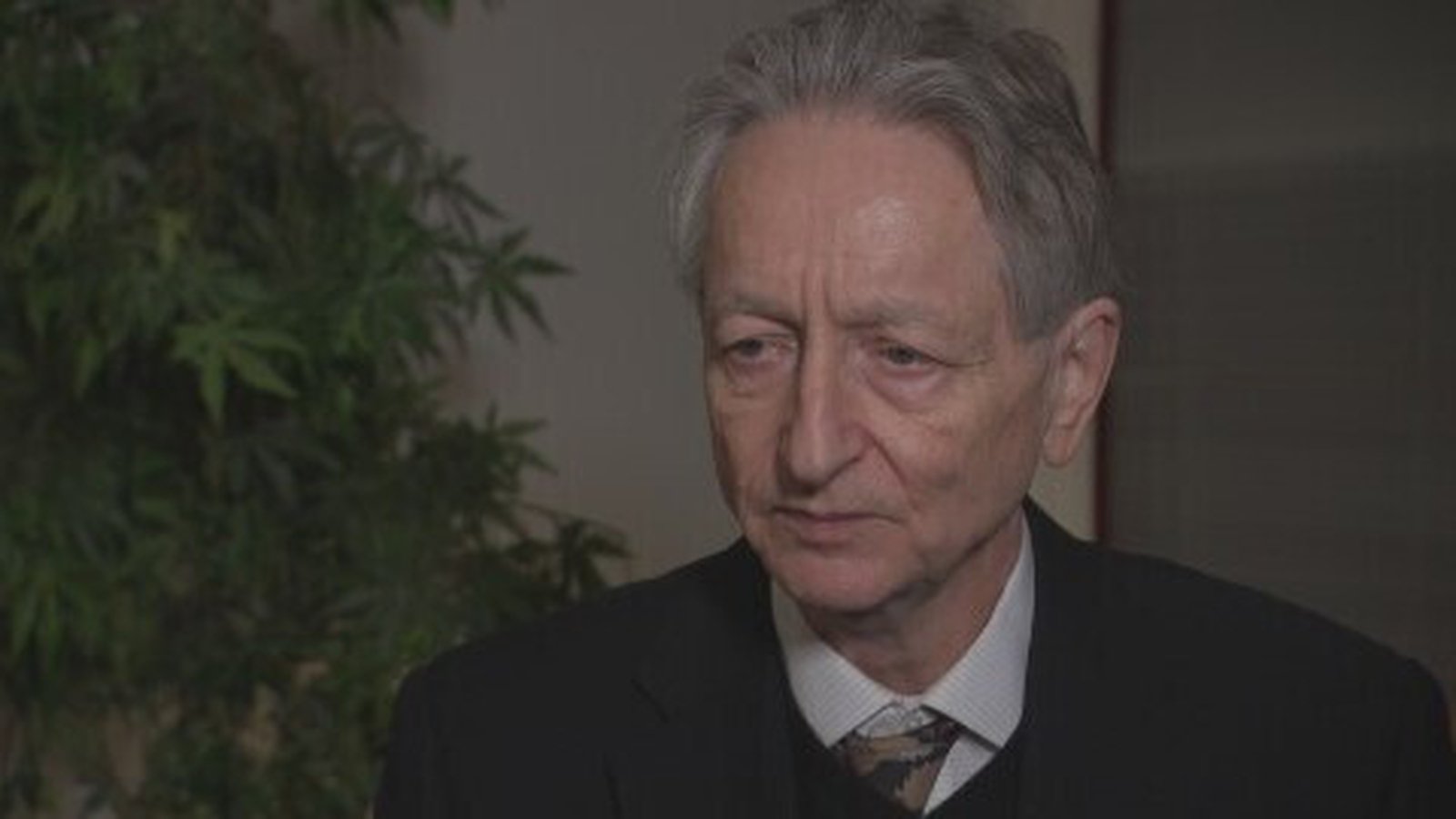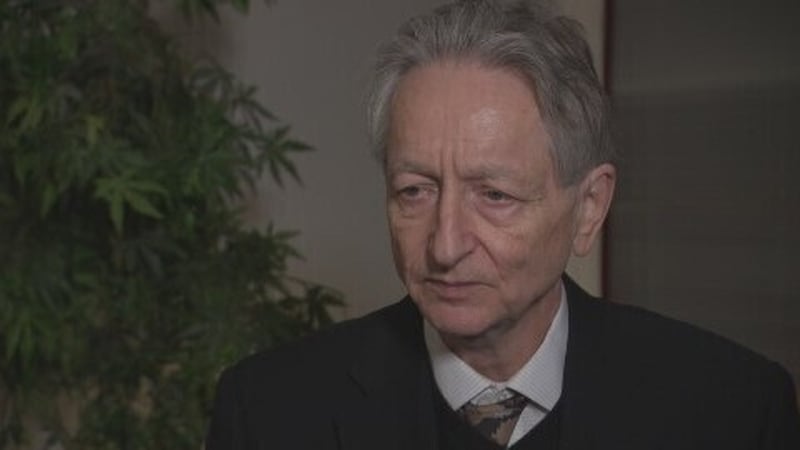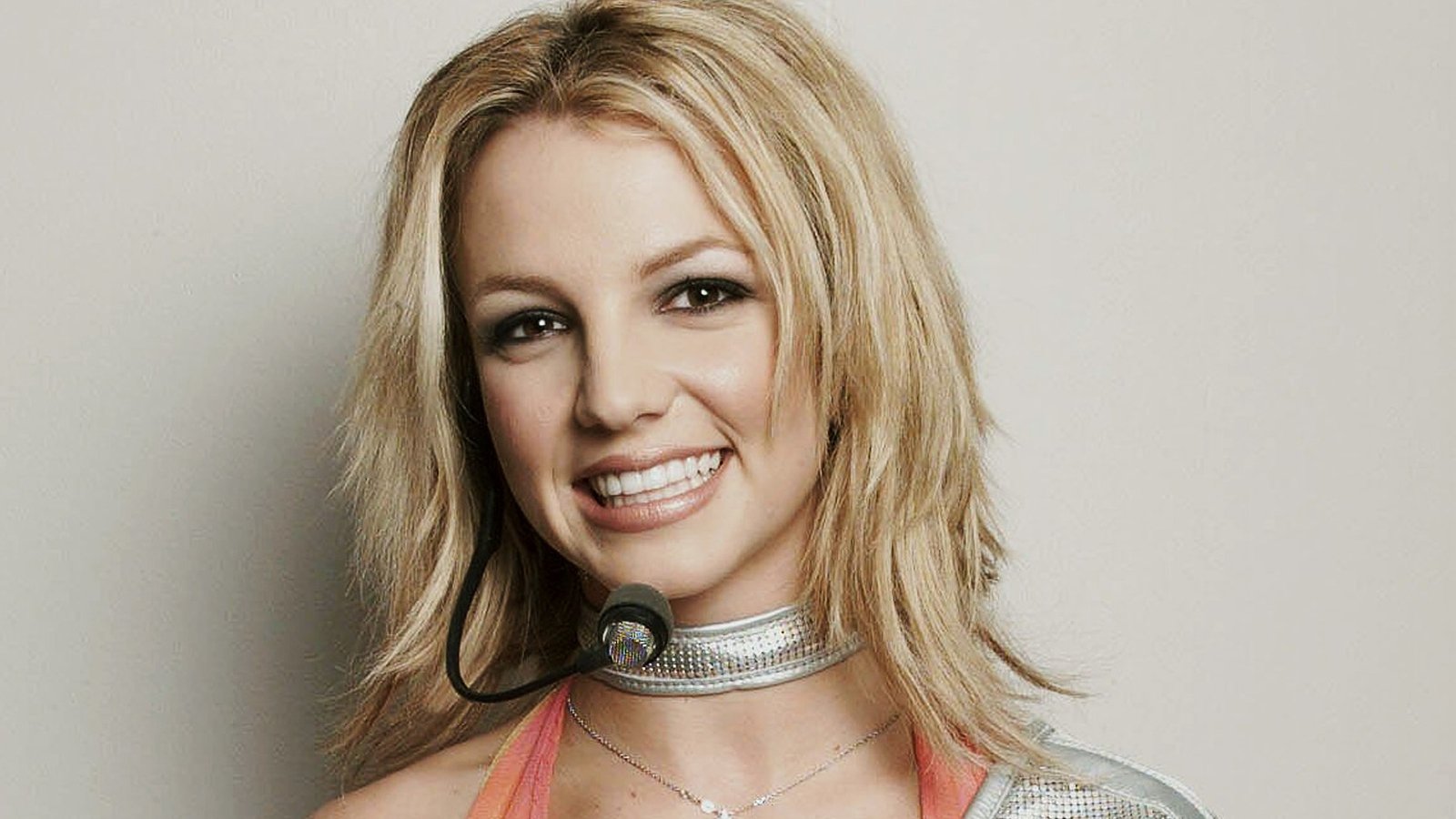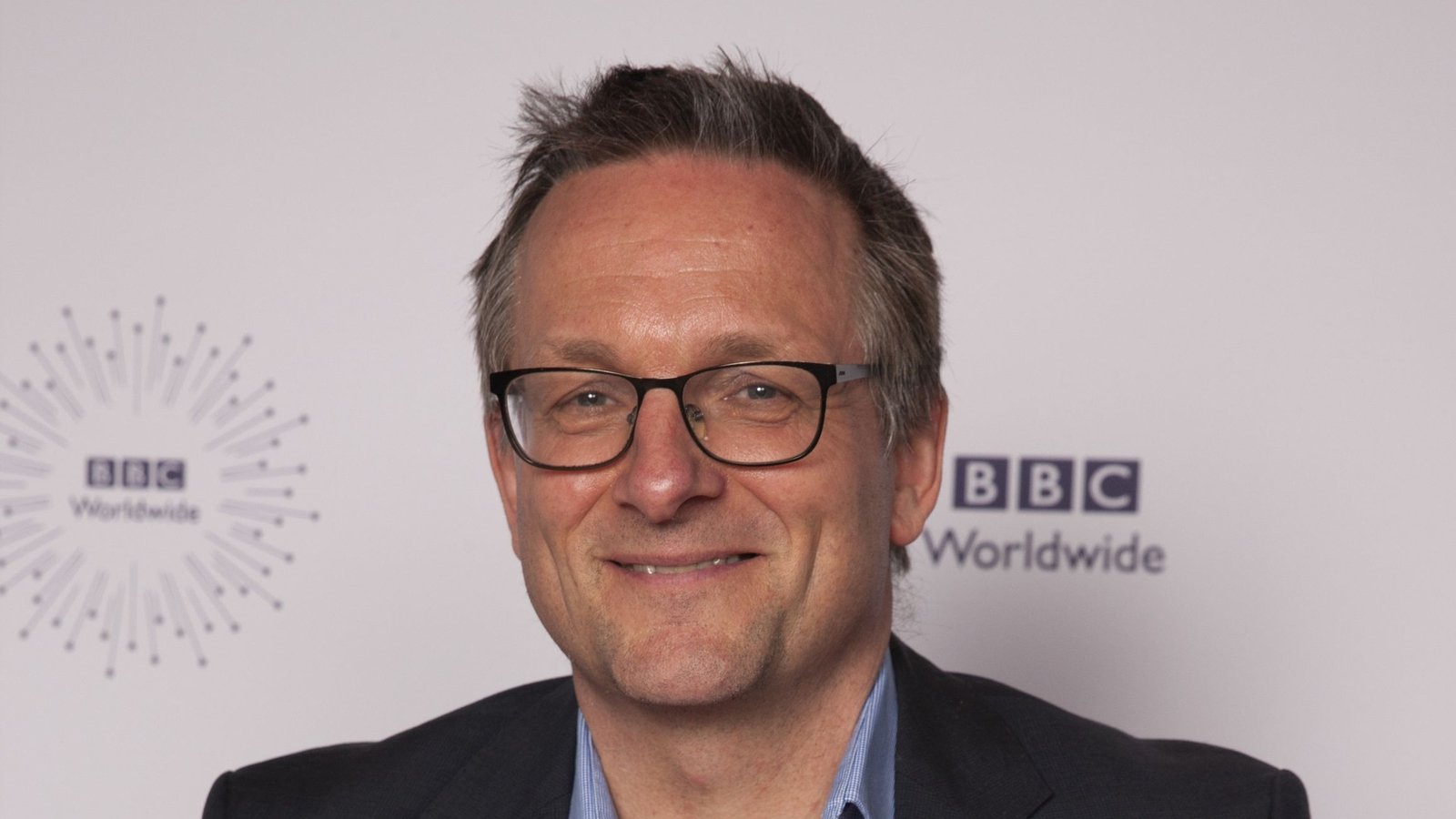Godfather of AI warns of ‘battle robots’ of the future


The computer scientist dubbed the ‘Godfather of Artificial Intelligence’ has warned that ‘nasty things’ will have to happen before the use of AI weapons is properly regulated.
When Professor Geoffrey Hinton left his job at Google last year, he sounded the alarm about the potential dangers of the technology that he helped to develop.
“The threat I spoke out about is the existential threat,” Professor Hinton told RTÉ News.
“That threat is that these things will get much more intelligent than us and they will take over.”
Professor Hinton said that it is very hard to estimate what the chances are of the machines taking over in the future and that there are different views.
“People like Elon Musk, and me, think that the probability of that happening is about 10% – 20%,” he said.
Professor Hinton has highlighted the impact of AI on disinformation, job displacement and is particularly concerned about the weapons of the future.
“One of the threats is ‘battle robots’ which will make it much easier for rich countries to wage war on smaller, poorer countries and they are going to be very nasty and I think they are inevitably coming.”
“We may get things like the Geneva Convention eventually but I think we’ll have to have very nasty things happen first, just like with chemical weapons.”
While in Ireland, Professor Hinton will be presented with the Ulysses Medal by University College Dublin (UCD). Given that so many of the big tech firms are based here, what does he think Ireland could do to help regulate AI?
“Governments can put pressure on big companies, this is more relevant in California, to do significant work on safety.”
“Rather than it being an afterthought, there should be government incentives to ensure companies put a lot of work into safety and some of that is happening now.”
The ‘Godfather of AI’ is keen to stress that the technology also brings huge advantages to humanity particularly when it comes to healthcare and medicine.
Looking back on his contribution to the advancement of artificial intelligence, Professor Hinton said he has feelings of worry rather than regret.
“There are two kinds of regret. There is regret when you made a decision that you now think was the wrong decision and I don’t have any of that kind of regret.”
“I think that the decisions I made, at the time I made them, were all very reasonable.”
“It turns out that just recently, AI has developed much faster than I expected and that is worrying, but I don’t regret any of the decisions I made,” he said.





